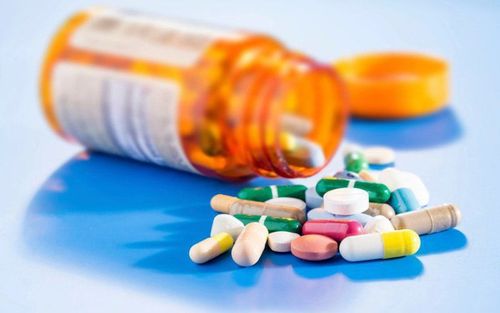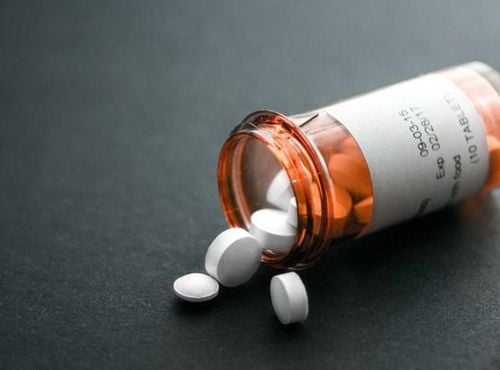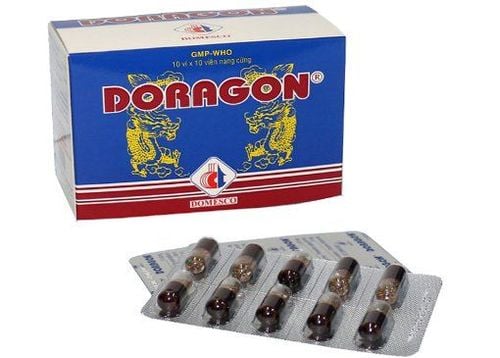This is an automatically translated article.
The article was professionally consulted with Specialist Doctor I Vo Thi Thuy Trang - Gastrointestinal Endoscopy - Department of Medical Examination & Internal Medicine - Vinmec Danang International General Hospital.1. What is fatty liver?
The liver is an organ with many functions such as synthesis, metabolism, detoxification... The liver holds many important functions for the body, so liver diseases have a great influence on the health of the patient. Fatty liver is a condition where the amount of fat in the liver is larger than normal. Normally, the amount of fat in the liver accounts for about 2-4%, but when this amount of fat accounts for 5-10%, it is called fatty liver.Currently, due to active diet, fatty liver status is increasing. Fatty liver often has no or very few clinical manifestations, when there are obvious manifestations, it is usually in the later stages.
Therefore, this pathology cannot be recognized through clinical manifestations, but is diagnosed through paraclinical measures such as blood tests, ultrasound.
2. What causes fatty liver?
Some of the causes and factors that can cause fatty liver include:Alcohol use: This is considered the main cause of fatty liver. Fatty liver is often the first sign of liver damage caused by alcohol consumption. Obese patients: Excess body fat tends to accumulate in the liver, leading to fatty liver. Some risk factors for fatty liver such as pregnancy, diabetes, malnutrition, rapid weight loss, use of certain medications, etc.

3. Harm of fatty liver
Fatty liver is considered a benign lesion in the liver, so in cases where the level of fat in the liver is low (stage 1), it does not affect the body. However, if it is in stage 2, it starts to have an effect on the surrounding areas, especially if it is in stage 3 when the fat is more than 30%, it will cause bad consequences for the liver.Some of the harmful effects of fatty liver include:
Causing a number of complications: One of the very dangerous fatty liver harms is the ability to cause abnormal complications related to the liver such as cirrhosis, liver failure. acute , gastrointestinal bleeding , blood clotting dysfunction ... more serious is liver cancer . Some studies show that up to 70% of liver cancers are caused by cirrhosis. Causes reduced liver function: When excess fat appears in the liver tissue, the liver cells are often pressed. From there, it directly affects the ability to metabolize and store in the liver. If left untreated, this can lead to a long-term decline in liver function. Effects on other organs in the body: Long-term fatty liver will cause fatigue and loss of appetite. This reduces the body's immune system and makes it easier to get infections. Affects cardiovascular function: Fatty liver condition, if prolonged continuously, will cause atherosclerosis, cardiovascular disease. When forming atheroma, there is a risk of causing memory loss, headaches, insomnia...
4. What to do when you have a fatty liver?
Fatty liver often progresses for a long time to cause consequences for the body, so it is often forgotten. If detected early and treated, the consequences and risks of permanent liver damage are reduced.Fatty liver disease does not need to be treated with drugs, but just by changing the diet and living, the fatty liver will be improved.
Limit alcohol: This is the main cause of liver disease and many other diseases. Patients will improve their fatty liver status after stopping alcohol for about 6 months or more. Healthy diet: Limit greasy foods, ready-to-eat foods, fried foods, fried foods. Eat lots of green vegetables, fruits and vegetables, drink lots of water. Good weight control: Do not lose weight quickly, suddenly, exercise and change your diet for healthy weight loss. Maintain a healthy weight. It is necessary to visit the doctor periodically to check for early detection of complications or aggravation of fatty liver disease. Fatty liver is usually benign and can be changed with a healthy diet. But if not changed, this condition can worsen and cause many consequences to liver function and health of the patient.
Currently, Vinmec International General Hospital is implementing a hepatobiliary screening package that fully includes all of the above tests, bringing peace of mind and accurate results to customers.
Hepatobiliary screening package helps customers: Assess the liver's ability to work through liver enzyme tests; Evaluation of bile function; Perform tests such as total blood cell analysis, screening for hepatitis B and C; Assess the state of hepatobiliary through ultrasound images.
When there are signs of liver disorders or even if there are no symptoms, people with fatty liver disease should actively test liver function. This is necessary to protect your own health.
Please dial HOTLINE for more information or register for an appointment HERE. Download MyVinmec app to make appointments faster and to manage your bookings easily.














